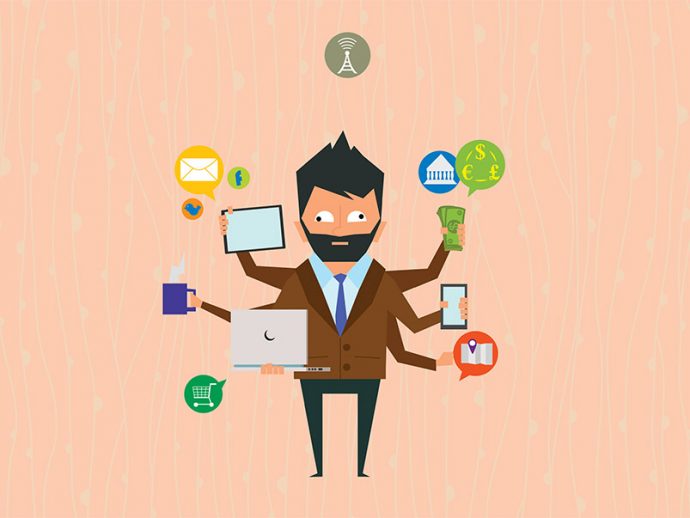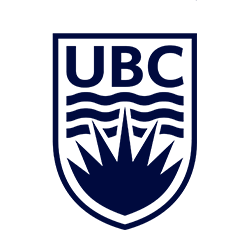
How many windows do you have open on your computer right now? When did you last scroll through your Instagram or Facebook feed? Do you check your inbox as soon as you get a new email alert?
We all try to tackle multiple tasks at once. Many of us even believe this is proof of our efficiency and competence. But rather than being efficient, these habits sap productivity, mental prowess and even long-term health.
We spend most of our waking hours at work, so breaking bad work habits can have a profound effect on our quality of life.
Multitasking and distraction
Multitasking is prevalent in offices where workers spend countless hours in front of a screen. Bigger and/or multiple screens are troublesome because they allow users to have many windows and browsers open, along with chat, news feeds, email and social media.
A growing body of research shows that juggling all this information undermines our ability to focus, learn and do our best work.
Lack of focus and fragmented thinking
Research shows that heavy media multitaskers have more trouble focusing, are less able to filter out irrelevant distractions and feel more stress—and chronic stress is linked to health conditions like high blood pressure, obesity and heart disease. Plus, reduced cognitive function doesn’t end when you leave work; lack of focus and fragmented thinking persist in other areas of life.
Reduced productivity
“The biggest and most common bad habit that people have at work is allowing themselves to be distracted by the internet, email, cellphone, social media, et cetera. This hinders productivity. Many places will block ‘time wasting’ sites, but that does not prevent people from using their phones,” says Dr. Frank Bevacqua, a workplace psychologist based in Arizona.
About 57 percent of work interruptions now involve either using social tools like email, social networks and texting, or switching windows among tools and applications. Some 45 percent of employees work just 15 minutes or less without getting interrupted.
Less multitasking = better focus
People who multitask less find it easier to focus in the workplace because they don’t respond to the distractions. “It is most efficient to focus on a single task at a time,” says Bevacqua.
Increase your focus
Set times for email
Choose specific times during the day to check email, like first thing in the morning, lunchtime and at the end of the day.
Hide the cellphone
Try hiding your phone in a drawer and logging out of email and social media accounts. “You are much less likely to check them the more effort that is required to do so, such as logging back in rather than constantly having it open,” says Bevacqua.
Turn off instant messenger
Other ways to minimize distractions are to turn off email and instant messenger alerts or work with headphones to minimize noise.
Limit social media
Set aside time in your day to catch up on social media like Facebook or Twitter.





